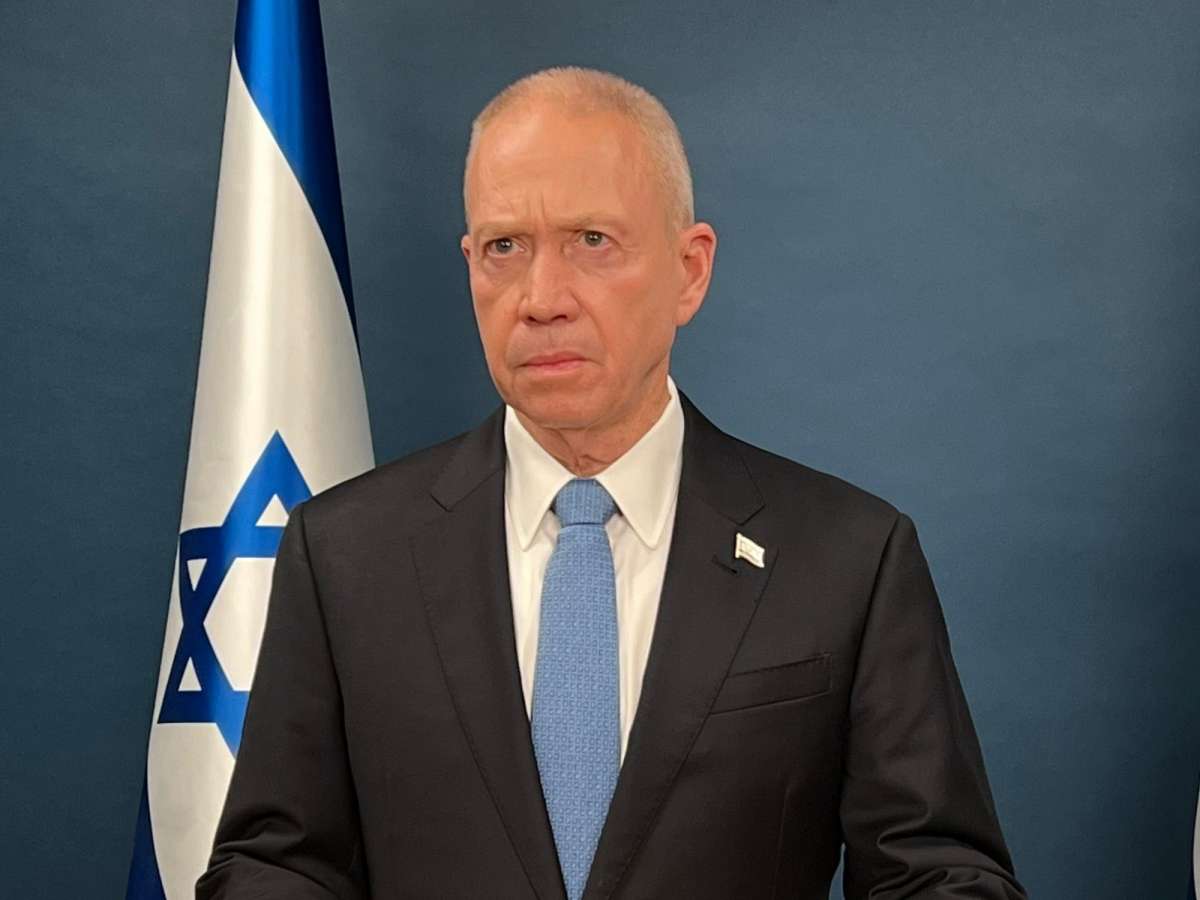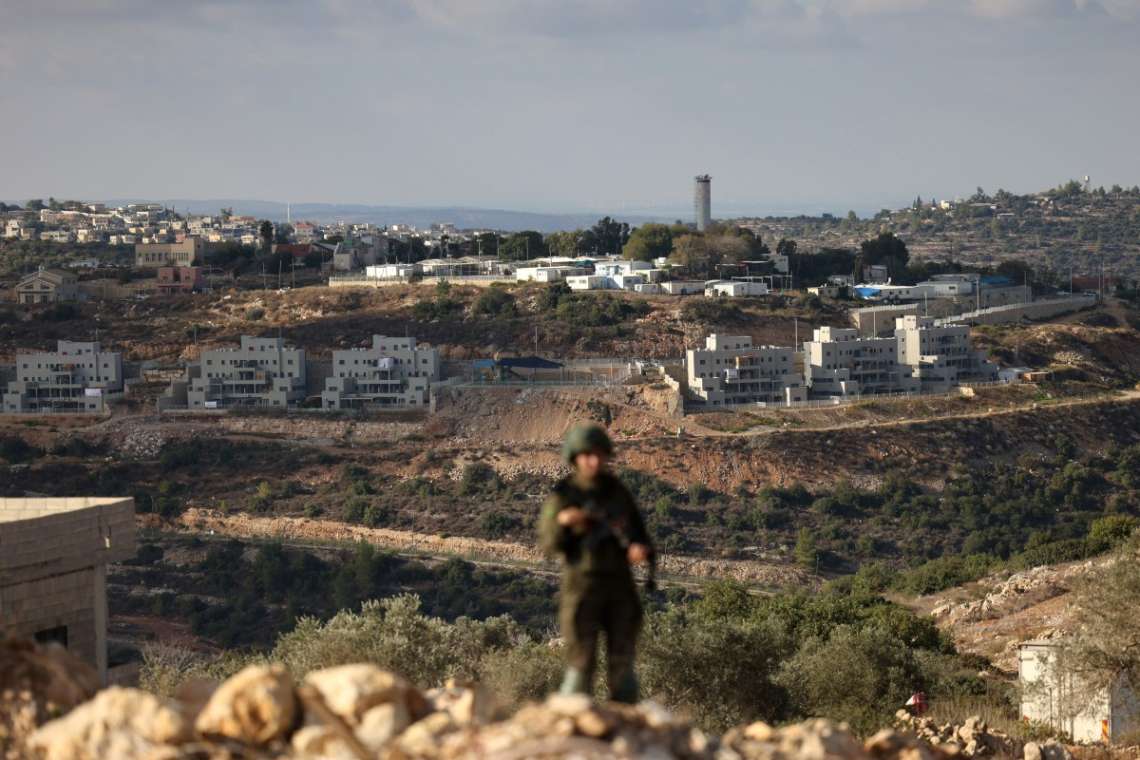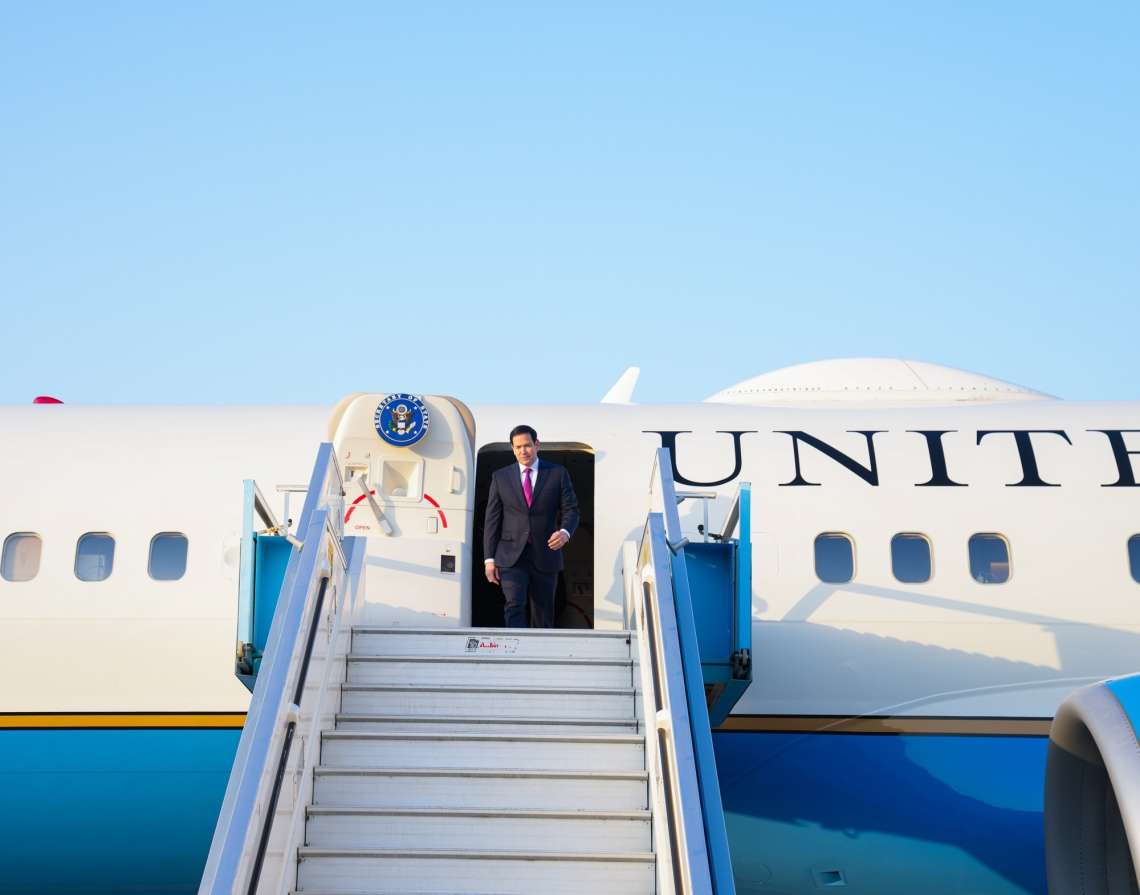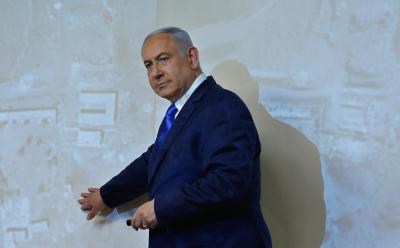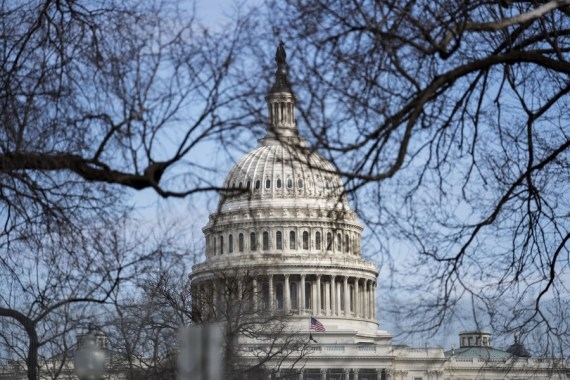Brazil was also at the forefront of calling for a ceasefire, also moving a proposal for this in the UN Security Council but the US vetoed it…reports Asian Lite News
The Israel Defense Forces (IDF) will reach Hamas terror leader Yahiya Sinwar and kill him, Defence Minister Yoav Gallant vowed on Saturday.
Gallant, who is a retired General of the Israel army, announced this during a briefing on Saturday evening. It may be noted that the IDF has already encircled Gaza City and is on the verge of entering the Gaza City Centre.
Speaking to media persons, Gallant said: “After the war, there won’t be any Hamas in Gaza Strip. There won’t be any threat to Israeli citizens from the Gaza Strip again.”
Prime Minister Benjamin Netanyahu has said that the victory of the Israeli army would be decisive and clear. He said that the Israeli army wouldn’t rest until Hamas was fully eliminated, hostages were returned and peace prevailed in the area.
It is to be noted that the IDF has announced the killing of ten Hamas leaders including commanders of different battalions. This includes Mustafa Dalul, the commander of Hamas’ Sabra Tel Al-Hawa battalion, who was assassinated on Friday.
The aerial chief of Hamas, Abu Rubekh, and its Naval commander, Abu Sahinaba were also assassinated by the IDF.
Diplomatic divide grows
Condemning Israel’s disproportionate and indiscriminate offensive in Gaza following the Hamas attack, this country decided to snap diplomatic relations with it. Was it one of Israel’s few Arab neighbours that have ties with it but cannot stay silent any longer to the growing humanitarian crisis in the blockaded densely-populated enclave? No.
It was actually faraway Bolivia, which, on October 31, announced it had “decided to break diplomatic relations with the Israeli state in repudiation and condemnation of the aggressive and disproportionate Israeli military offensive taking place in the Gaza Strip”.
The South American nation, which broke off ties with Israel in 2009 too after its Gaza invasion, was not the only one to go to the diplomatic extreme step over the Gaza conflict, as two other Latin American countries also recalled their ambassadors.
One of these was Colombia whose President and former guerrilla leader Gustavo Petro had also engaged in a bitter war of words with the Israeli envoy earlier in October, citing how Israeli agents had provided training and equipment to the FARC and other paramilitary groups. The other was Chile, which hosts one of the oldest and largest Palestinian communities outside the Arab world.
Chilean President Gabriel Boric, in a post on X, accused Israel of “unacceptable violations of International Humanitarian Law” and following a policy of “collective punishment” of the people of Gaza, as he announced the recall of the ambassador. His Colombian counterpart called the attacks a “massacre of the Palestinian people”.
Brazil was also at the forefront of calling for a ceasefire, also moving a proposal for this in the UN Security Council but the US vetoed it.
On the other hand, Israel withdrew its envoy from Turkey over its President Recep Tayyip Erdogan’s blunt speeches to “re-evaluate diplomatic ties”.
It was only after the Latin Americans, did some of the Arab countries move on the bilateral diplomatic front.
Jordan, which had become only the second Arab nation to ink a peace treaty with Israel in the 1990s, recalled its envoy and intimated the Israeli Foreign Ministry not to send back its envoy, who had left the country as the violence began. However, it had earlier moved and secured passage of a resolution in the UN General Assembly calling for a ceasefire.
Bahrain, which had come to an understanding with Israel in 2020 under then US President Donald Trump-pushed Abraham Accords, also recalled its envoy from Israel and announced that Israel’s Ambassador in Manama had left “a while ago”. It, however, made no mention of cutting economic relations as the Gulf kingdom’s parliament had demanded.
The UAE and Morocco, the other two Abraham Accord members, are yet to act though deploring the violence, as is Egypt.
ALSO READ-Top Arab Diplomats, Blinken to Meet in Amman to Discuss Gaza


